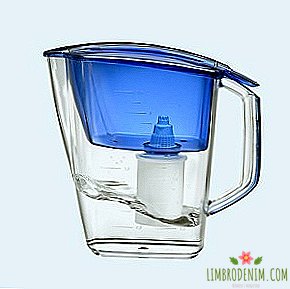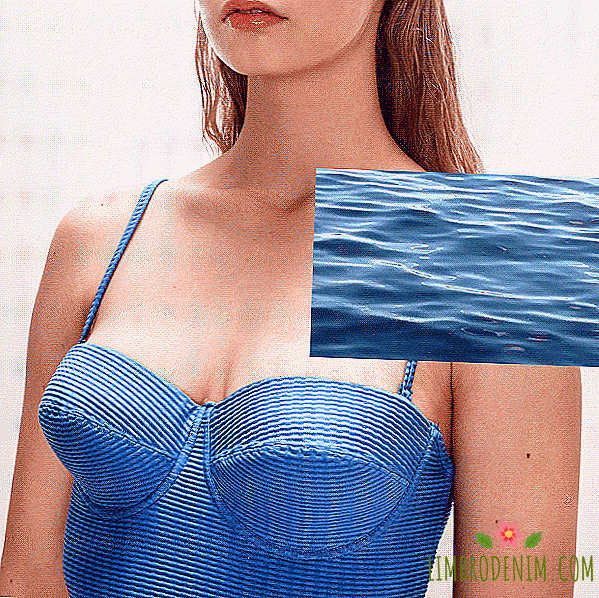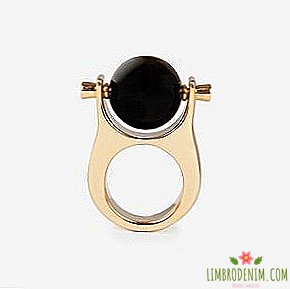Filter, tap or bottle: What kind of water to drink
Recently, it is often said that the recommendation drinking six to eight glasses of water a day is an unsubstantiated fiction. On the one hand, this is true - there are recommendations for the daily intake of the total amount of liquid, and not specifically of water. On the other hand, we are talking about two or three liters or more per day, and it is logical that it can be difficult to get all this amount from food or other beverages. Water does not contain calories, you can buy it anywhere - in general, it is just convenient and easy to drink. Let's try to figure out whether it makes sense to filter the water, which one is better to choose when buying and whether it is true that there is an overdose of mineral water.

Tap water
Safety of water from the tap depends on the country or region - when traveling to exotic places it is better to pre-examine this item in the guidebook. In Russia, tap water is generally considered safe, although, according to experts, its quality sometimes deteriorates after passing through old pipes. As a result, bacteria and a wide variety of salts can appear in tap water, which impairs its taste and can harm health in the long term. Learn about the features of the local tap water and its purification methods on the website of the water utility for the relevant locality. Moscow Vodokanal allows you to see even the results of water quality control at a specific address, including weekly and monthly - and, in principle, pollution by nitrite from industrial plants or algae from sewage can be avoided.
It is important to know how much fluoride contains tap water: in too high concentrations it causes dental fluorosis, and if it is insufficient, it contributes to the development of caries. The optimum content of fluorine compounds is 0.7-1.2 mg / l. If fluoride is less (and less than almost everywhere), then it is very important to use fluoride toothpaste from childhood; if it is too much, as in the Tver, Tambov and some cities of the Moscow region (for example, in Kolomna), then it is better to refuse to drink tap water. Now there are filters that not only purify water, but also enrich it with substances that were not enough - with the same fluorine for preventing caries. Boiling water, by the way, only destroys bacteria (which should not be above the norm in tap water), and does not affect the mineral composition.
By and large, tap water in our country can hardly be poisoned (if there was no accident on the pipeline), but with the help of filters it is possible to improve its taste and usefulness. A completely safe intermediate option is to use filtered water for drinking or making soups and coffee, and the usual one for washing, cleaning teeth and dishes from which water eventually merges (for example, cooking pasta in it). In any case, if the bottles run out of water at home or the filter is broken, do not be afraid to drink from the tap. It makes sense to find out about the composition of the water in a particular area or house and, if necessary, select an adequate filter - but nothing happens from an episodic tap drink.

Bottled water
Purchased bottled water of various sizes (from those that fit into the bag to those installed in the cooler) is convenient, but can be misleading about the allegedly high quality. In many cases, this is ordinary tap water that has undergone additional purification. This does not mean that such water is bad, but it is unlikely to be tastier or more balanced in composition than tap water. It happens that drinking the recommended amount of water fails simply because it seems to be tasteless; then it makes sense to try products of different brands to find something to your taste.
If we are talking about water from a natural source, then it can be with different mineralization - and so-called table water is suitable for daily drinking and cooking. It contains mineral components in sufficient quantities so that it is not tasteless, as if distilled, but does not cause harm. With the "healing" mineral water is better to be careful; if you use it as the main source of fluid, you can get, for example, too much sodium - the very component of salt that doctors recommend limiting to 1500 mg per day and which we get in significant quantities from ready-made food.
Theoretically, the healing mineral water can be used instead of food additives - for example, drink iron-containing with a lack of iron on the background of a vegan diet. But it is difficult to say how practical it is more convenient than to take a pill, and whether there will be too many other mineral components in the body.
Sparkling water
When they say that soda is harmful, they usually do not mean water, but drinks like cola - simply transfer soft drinks as “carbonated drinks”. Doctors say that sparkling mineral water like Perrier, Vichy Catalan or San Pellegrino is completely safe, including for pregnant women or people with kidney disease. However, one cannot count on any special benefit of soda either - it is just water that does not possess additional beneficial or harmful properties.
It is sometimes said that carbonated mineral water can harm the stomach due to its carbon dioxide content - but so far there is no evidence of this. If you drink a glass of water with gas quickly, you may experience hiccups or unpleasant sensations in the stomach area, nothing more. There is some evidence that the abandonment of soda water can help people suffering from heartburn - but it does not reveal a link between its occurrence and water with gas. Moderation is important in the consumption of carbonated water - as well as in almost everything; one glass or a jar does not exactly hurt, but at the same time quench thirst and bring pleasure.
Photo: Ozon, IKEA, Quality Logo Products





